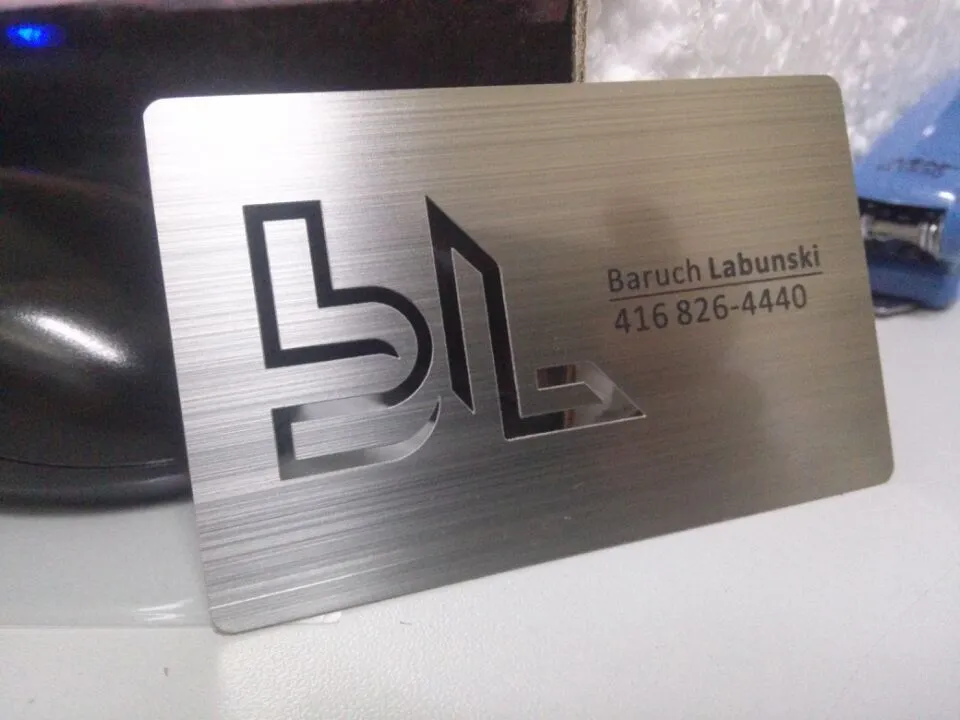Dark Web as a Secure Haven for Anonymous Online Collaboration
The Dark Web, often shrouded in mystery and skepticism, serves as a unique and secure haven for anonymous online collaboration. Unlike the surface web, where identities and activities are readily tracked and monitored, the Dark Web provides a cloak of anonymity through encrypted networks like Tor and I2P. This anonymity is essential for users seeking to collaborate on sensitive projects without exposing their personal information or risking exposure to prying eyes. One of the most significant advantages of the Dark Web is its ability to protect privacy and foster free expression in environments where such freedoms may be restricted. In countries with oppressive regimes, activists and journalists use the Dark Web to communicate, share information, and organize movements without fear of government surveillance or retaliation. By leveraging the Dark Web’s anonymous nature, these individuals can collaborate effectively, disseminate crucial information, and advocate for change while maintaining their safety and security.
Furthermore, the Dark Web’s decentralized and encrypted nature helps safeguard intellectual property and sensitive data. Researchers, developers, and whistleblowers often use these platforms to share ideas, findings, and innovations without exposing their work to unauthorized access or theft. The secure communication channels provided by the Dark Web allow collaborators to exchange information and develop projects in a protected environment, free from the scrutiny of competitors or malicious entities. In addition to its use in activism and research, the Dark Web also facilitates the creation of niche communities and specialized networks. These spaces, often centered around specific interests or fields of expertise, allow individuals to connect, share knowledge, and work together on projects that might not have a place on the surface web. For instance, hobbyists in cryptography or cybersecurity might use the Dark Web to discuss advanced techniques, share resources, and develop new technologies in a more secure and private set.
However, it is crucial to acknowledge that while the hidden wiki Dark Web offers significant advantages in terms of privacy and security. The anonymity it provides can also attract malicious actors who exploit these networks for illicit activities. As such, users must exercise caution and adhere to best practices for online security to mitigate potential threats. In conclusion, the Dark Web’s role as a secure haven for anonymous online collaboration highlights its value in providing a protected space for sensitive and innovative work. Its encrypted and decentralized nature empowers users to engage in meaningful exchanges and collaborations while safeguarding their identities and intellectual property. While it presents certain risks, the Dark Web remains an invaluable tool for those requiring anonymity and security in their online endeavors.











